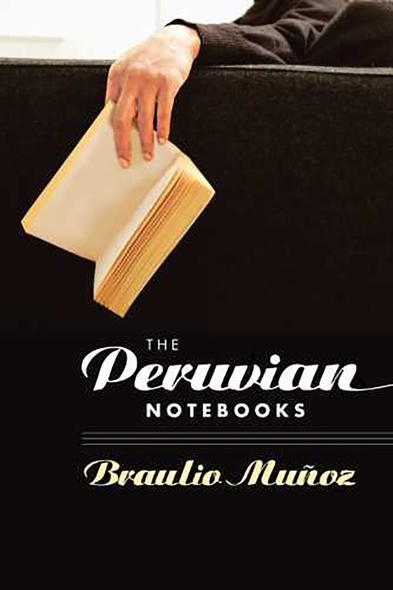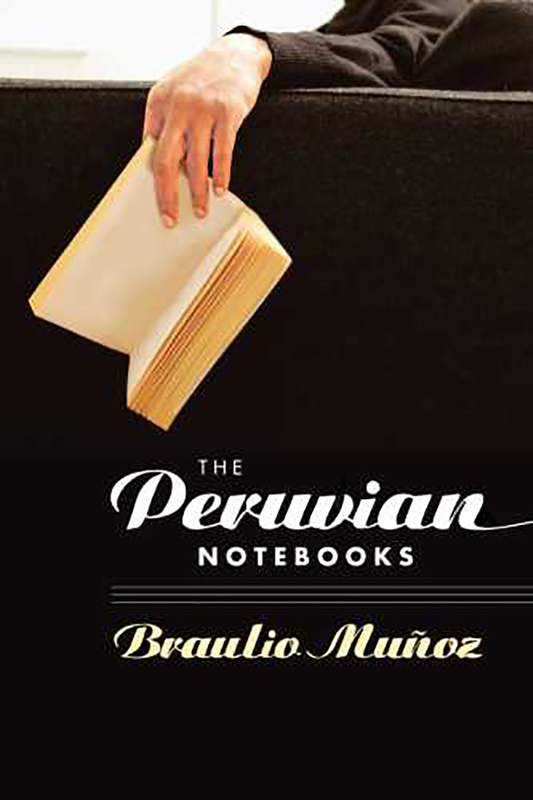This lyrical, deeply affecting novel portrays the life of an undocumented Peruvian immigrant to the United States and his struggle and failure to achieve the “American dream.”
Although Antonio Alday Gutierrez dreams of great success when coming to America, he accepts work as a security guard at a shopping mall and lives in a modest apartment. To soften the bleak reality of his disappointing life, Antonio invents a privileged Peruvian past to mislead his new American friends. He also sends letters to his family in Peru boasting of a thriving business and large home. This double deception leads Antonio to commit an act of desperation to conceal the drab reality of his new American life. As the novel opens, Antonio is waiting in his apartment for the police to arrest him. Over the next three hours, Antonio re-reads his old notebooks and letters to and from his family. He also reflects on his life in America and his struggle with El Azar—the unrelenting, unforgiving sense of fate that has dogged his steps since childhood.
Told in a series of flashbacks, letters, and excerpts from notebooks, this epistolary novel takes readers on a cultural and spiritual journey, touching on themes of self-identity, memory, border crossing, and death. Muñoz artfully layers the narrative with different voices, times, and places to offer a profound vision of the immigrant experience. One of the first immigrant stories told from the Peruvian point of view, this novel provides a rich portrait of ambition, self-deception, and acceptance.
Although Antonio Alday Gutierrez dreams of great success when coming to America, he accepts work as a security guard at a shopping mall and lives in a modest apartment. To soften the bleak reality of his disappointing life, Antonio invents a privileged Peruvian past to mislead his new American friends. He also sends letters to his family in Peru boasting of a thriving business and large home. This double deception leads Antonio to commit an act of desperation to conceal the drab reality of his new American life. As the novel opens, Antonio is waiting in his apartment for the police to arrest him. Over the next three hours, Antonio re-reads his old notebooks and letters to and from his family. He also reflects on his life in America and his struggle with El Azar—the unrelenting, unforgiving sense of fate that has dogged his steps since childhood.
Told in a series of flashbacks, letters, and excerpts from notebooks, this epistolary novel takes readers on a cultural and spiritual journey, touching on themes of self-identity, memory, border crossing, and death. Muñoz artfully layers the narrative with different voices, times, and places to offer a profound vision of the immigrant experience. One of the first immigrant stories told from the Peruvian point of view, this novel provides a rich portrait of ambition, self-deception, and acceptance.






